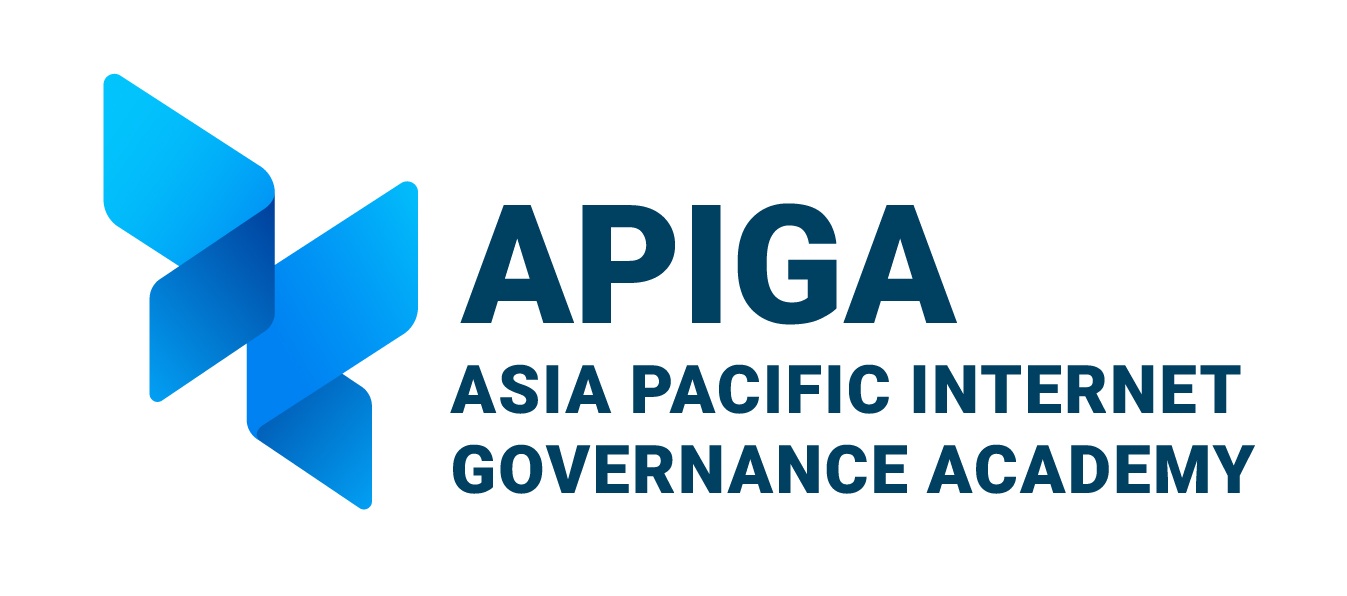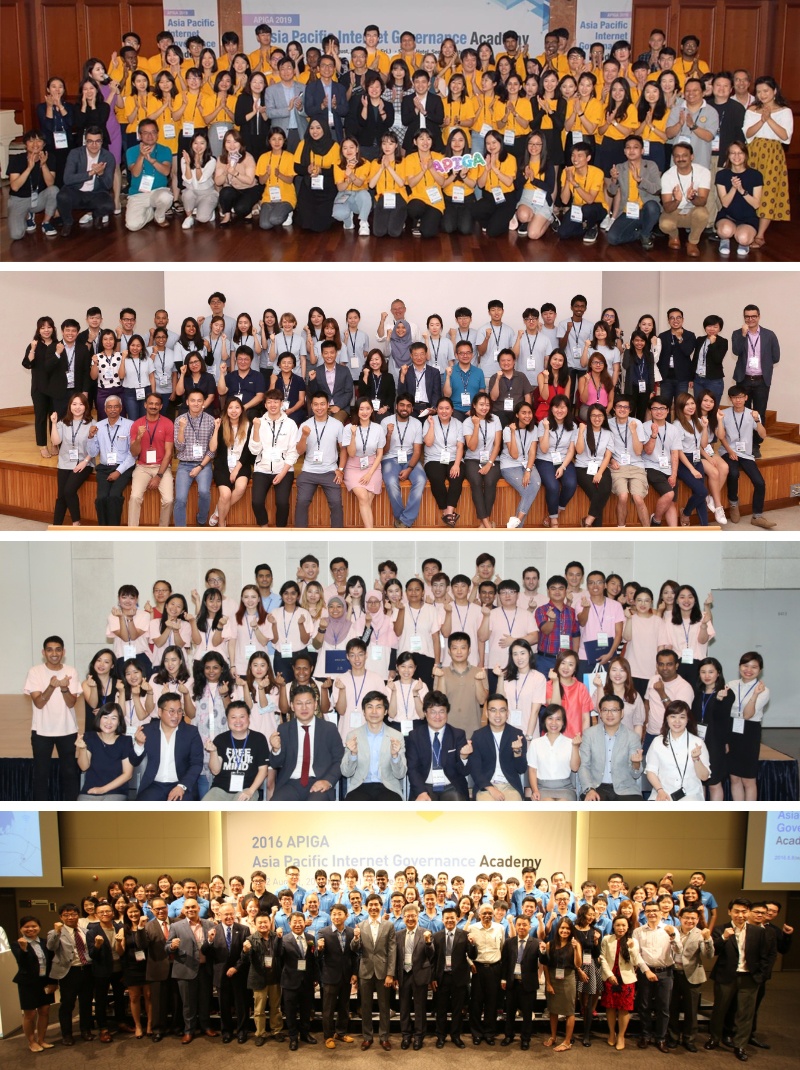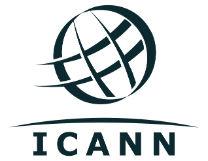See the APIGA 2021 Page for updated program information.
Information below applies to the original 5-day APIGA program held in person (2016 – 2019). APIGA may not be held in the same format while the COVID-19 pandemic is ongoing.
Archive
About the Asia Pacific Internet Governance Academy
The Asia Pacific Internet Governance Academy (APIGA) is a 5-day capacity development workshop focused on topics related to Internet Corporation for Assigned Names and Numbers (ICANN) and Internet governance. It is targeted at, but not limited to, undergraduate and graduate students from universities and tertiary educational institutions in South Korea and Asia Pacific. Anyone from the Asia Pacific region, interested in Internet governance issues and related international activities, and between the ages of 18 and 35, are welcome to participate.
Aim
The Asia Pacific Internet Governance Academy (APIGA) aims to develop youth leaders’ understanding of the Internet and its ecosystem. APIGA also aims to equip its participants with the knowledge and skills to participate in Internet policymaking through developing a foundation of the following:
The concept of Internet Governance, and the multistakeholder model of policymaking;
Current global Internet Governance issues, and applying these issues at the local and regional levels;
The confidence to speak up in regional and international fora.
Last but not least, APIGA also aims to spark and develop participants’ interest in global Internet trends.
With its cooperative mechanism involving ICANN and other regional partners, APIGA may also serve as a capacity-building model for replication in other economies and localities.
Expected Outcomes
Participants will build confidence in and appreciation for multistakeholder processes, such as that found in ICANN and IGF platforms. Participants will be exposed to a range of Internet governance topics and will be able to stay connected to the APAC Internet community through the academy’s partnerships with regional initiatives.
Participants are required to complete customized online modules from ISOC and ICANN as prerequisite training for the academy, and will receive certificates upon completion. Upon successful completion of the 5-day academy, participants will also receive a certificate of completion given by KISA and ICANN.
Upon graduation, participants will be part of the APIGA alumni network, where regional organizations will continue to share information and participation opportunities on regional and global Internet governance-related events including IGF and ICANN meetings.
Key Dates
Each year, APIGA will be held for a week around July/August, and applications will begin around May.
Speakers
Leading speakers from the local, regional and global organizations involved in Internet governance, including ICANN and KISA, will be invited to lecture during the 5-day program.
Youths in action at Asia Pacific Internet Governance Academy 2017.
Participants
Eligibility
This program is designed for motivated undergraduate and graduate students from universities and those engaged in IG relevant entities in the Asia Pacific Region. As the sessions and discussions are conducted in English, a good grasp of the English language is preferred. The program will include group work and projects, and participants are expected to be engaged full-time during the day, as well as outside of academy lecture hours.
Full Fellowship will be given to suitable candidates from Asia Pacific.
Target number of participants: Approx. 40 participants (This is inclusive of approximately 20 Fellowship beneficiaries from the Asia Pacific. Exact number depends on the sponsorship amount available.)
Application Process
Selection of suitable candidates will be conducted by a selection committee comprised of representatives from the local host and other relevant organizations.
Kindly note the following:
Applicants MUST register an account in the system to access the fellowship application, submit and check the status.
If you have previously applied for a regional fellowship (such as the Asia Pacific Regional Internet Governance Forum) and already registered an account previously, there is no need to register again or register a different account.
Prerequisites
Selected candidates will have to complete a series of online courses on Internet governance and ICANN, before they are able to attend the academy. See Pre-requisite Online Learning for more details.
Key Program Elements
The academy program is a robust program that includes interactive components, such as online learning, mock meeting, and group projects. The academy program includes the following topics:
History of Internet Governance
Introduction to Internet’s Global Eco-system
Fundamentals of Internet Infrastructure and Internet Security
Introduction ICANN and Domain Name System
Introduction to the Multistakeholder Model and ICANN’s Policymaking Process
Pre-requisite Online Learning
To ensure effective learning and facilitate more robust discussions at the workshops, three customized online learning courses have been developed for the Asia Pacific Internet Governance Academy. These courses touch on Internet governance and ICANN topics respectively:
ISOC Course on Internet Governance (moderated and self-paced)
ICANN Learn Course: Asia Pacific Internet Governance Program (self-paced)
APNIC Academy (self-paced)
The three courses will span over 3-4 weeks. Upon the successful completion of the ISOC Course, participants will be presented with a certificate. Participants are required to complete the two online learning modules before the commencement of the academy.
Group work and Projects
Participants may also be asked to form groups to discuss a project and prepare for flash presentations during the course of the academy program. This allows the participants to share their views as well provide an opportunity for them to speak in front of their coursemates.
Mock ICANN Meeting
Participants will prepare for, and present, in a role-playing segment on Day 4 during the mock ICANN Meeting. The mock ICANN Meeting is supported by our partner NetMission (NetMission.Asia is an Ambassadors Program supported by DotAsia Organisation, which aims to bring together a network of dedicated young volunteers to promote digital inclusion, Internet governance as well as a respectable and harmonious Internet environment). This session will allow participants to gain first-hand experience of how ICANN meetings are conducted and a better understanding of the ICANN multistakeholder decision-making process.
About the Hosts
Korea Internet & Security Agency, KISA
KISA is a government agency dedicated to promoting Internet and information security and contributing to Korea’s Global Competitiveness.
KISA has set ‘Internet Promotion’ for the future and ‘Information Security’ for our safety as its primary tasks, and is focusing on enhancing the information security capacity of Korea’s ICT industry while expanding global cooperative partnerships based on the K-ICT Security development Strategy, in order that these twin pillars may serve as the core competencies of the future Korea in equal and harmonious measure.
KISA, founded in 2009 through a merger of three separate organizations, is dedicated to developing Korea’s Internet industry and information security capabilities. As an Internet and security promotion agency armed with global competitiveness, KISA will maintain its commitment to creating a safe and happy Internet world.
Internet Corporation for Assigned Names and Numbers, ICANN
ICANN’s mission is to help ensure a stable, secure and unified global Internet. To reach another person on the Internet, you have to type an address into your computer – a name or a number. That address has to be unique so computers know where to find each other. ICANN helps coordinate and support these unique identifiers across the world.
ICANN was formed in 1998 as a not-for-profit public-benefit corporation and a community with participants from all over the world. ICANN and its community help keep the Internet secure, stable and interoperable. It also promotes competition and develops policies for the top-level of the Internet’s naming system and facilitates the use of other unique Internet identifiers.
ICANN doesn't control content on the Internet. It cannot stop spam and it doesn't deal with access to the Internet. But through its coordination role of the Internet's naming system, it does have an important impact on the expansion and evolution of the Internet.





